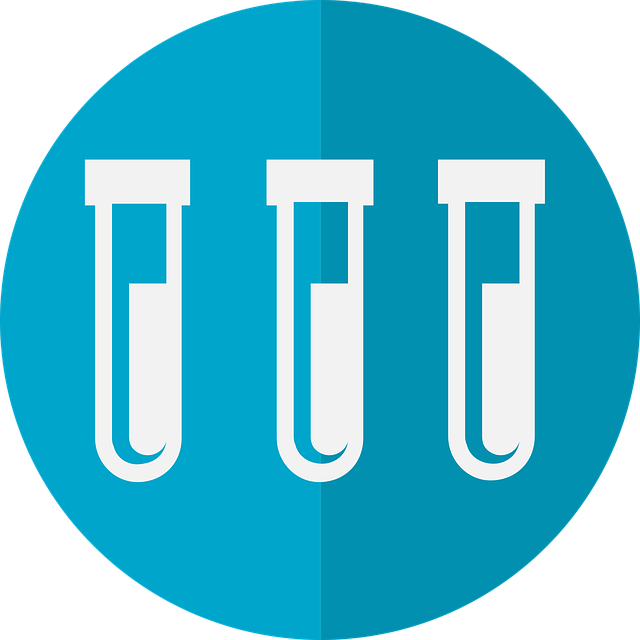A full body blood test offers a holistic evaluation of overall health by analyzing red and white blood cells, platelets, plasma, and serum. It provides insights into organ function, immune health, nutrient levels, and hormone balance, helping to detect subtle imbalances or early signs of potential health issues. These findings empower individuals to make informed decisions about diet, lifestyle, and supplements for optimized wellness and reduced disease risk.
Discover the power of a full body blood test—a comprehensive health assessment tool that provides deep insights into your overall well-being. This in-depth analysis goes beyond basic markers, offering a detailed look at various systems and functions, from organ health to nutrient levels. Learn what to expect during the test, explore the wealth of information it reveals, and gain tips for interpreting results to make informed decisions about your health.
- Understanding Full Body Blood Tests: What to Expect and Why It Matters
- The Comprehensive Health Insights Provided by a Full Body Blood Test
- Preparing for and Interpreting Your Full Body Blood Test Results
Understanding Full Body Blood Tests: What to Expect and Why It Matters
A full body blood test is a comprehensive assessment that analyzes various samples from different parts of the body to provide an in-depth look at overall health. Unlike routine blood work, which typically focuses on specific organs or systems, this advanced test offers a holistic view by examining red and white blood cells, platelets, plasma, and serum. It provides insights into multiple aspects of your health, including inflammation, immune function, nutrient levels, and organ function.
Understanding the results of a full body blood test is crucial because it can reveal hidden health issues or risk factors that may be missed by conventional screenings. This test matters for proactive healthcare, enabling individuals to make informed decisions about their well-being. By identifying potential problems early on, you can take appropriate measures to improve or maintain optimal health.
The Comprehensive Health Insights Provided by a Full Body Blood Test
A full body blood test offers a wealth of comprehensive health insights, providing a snapshot of your overall well-being. This diagnostic tool analyzes various blood components to assess multiple systems within your body, from vital organs like the heart and liver to immune function and nutrient levels. By examining markers such as cholesterol, glucose, electrolytes, and hormone levels, healthcare professionals can detect subtle imbalances or early signs of potential health issues.
These insights are invaluable for preventive care and personalized wellness strategies. For instance, a full body blood test can reveal inflammation, anemia, thyroid disorders, vitamin deficiencies, or even silent infections. Armed with this knowledge, individuals can make informed decisions about diet, lifestyle modifications, and targeted supplements to optimize their health and reduce disease risk.
Preparing for and Interpreting Your Full Body Blood Test Results
Preparing for a full body blood test involves ensuring you fast for a specified period, usually 8-12 hours, to get accurate results. On the day of the test, it’s beneficial to stay hydrated and avoid strenuous exercise. Interpretating your results requires understanding that various factors can influence outcomes, so discussing them with a healthcare professional is crucial. They can break down the numbers, highlighting any anomalies or areas of concern.
Each result, from red blood cells to cholesterol levels, provides valuable insights into your overall health. For instance, elevated liver enzymes might indicate hepatitis, while low vitamin D could be a sign of bone health issues. The key lies in understanding what each marker means and how it contributes to your overall wellness picture.
A full body blood test offers a wealth of health insights, providing comprehensive information about your overall well-being. By analyzing various blood components, this test helps identify potential health risks, nutritional deficiencies, and even early signs of chronic conditions. With proper preparation and expert interpretation, it empowers individuals to take charge of their health, making informed decisions for a healthier future.
